Tag: innovation

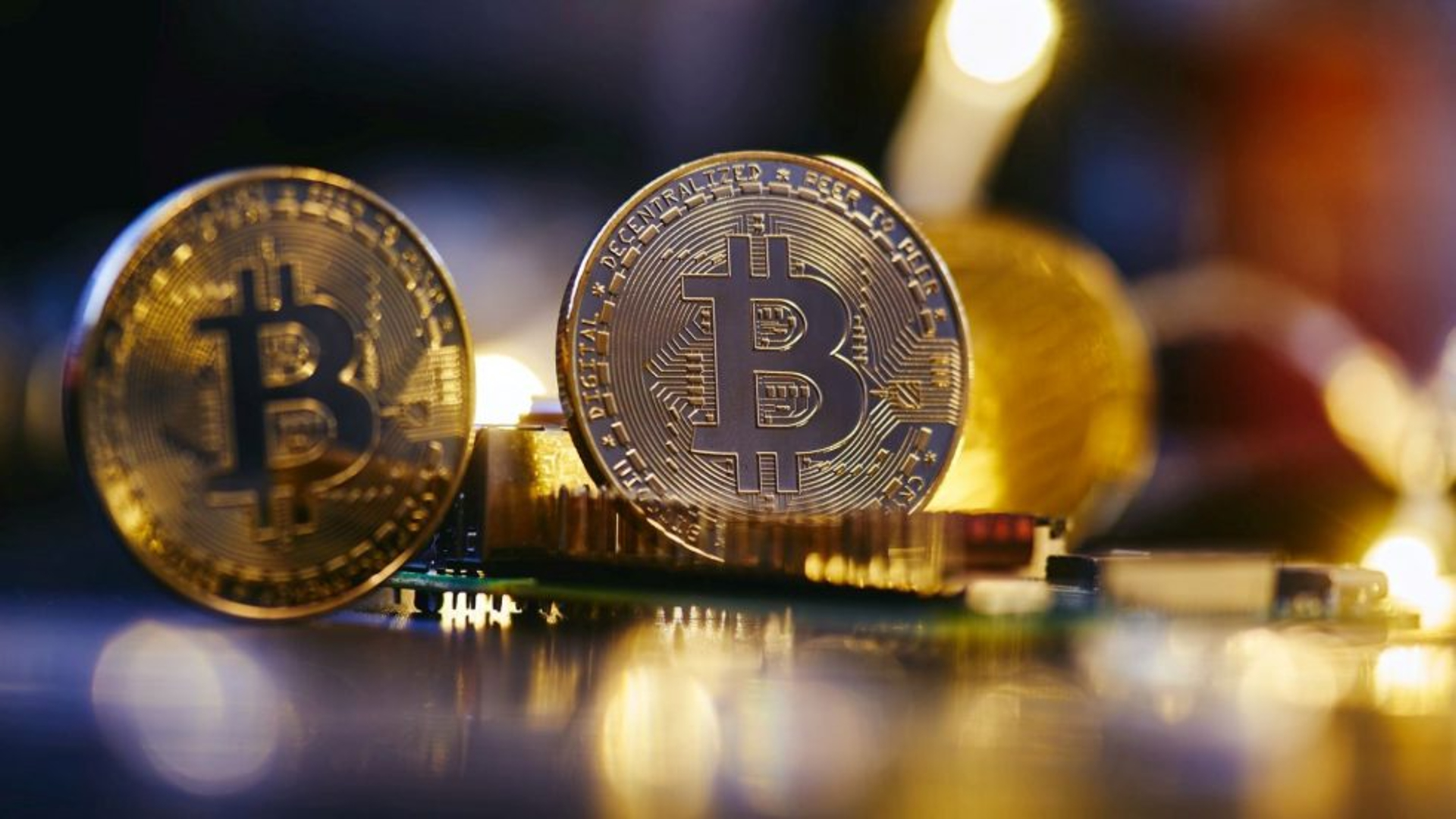
What makes Bitcoin such a revolutionary concept?
January 3, 2024 | Post
In the 15 years since the Genesis Block, the first set of 50 BTCs, was mined in January 2009, Bitcoin’s profile and impact on the global economy has increased exponentially. Hundreds of millions of people around the world have begun to recognize the merits of the truly revolutionary concept of a decentralized peer-to-peer currency.

Despite regulatory barriers, 3D-printed houses can revolutionize the construction industry
December 20, 2023 | Post
What if we could revolutionize transportation to make it not only faster but also more sustainable? What if we could create educational systems that are not only more accessible but also tailored to individual learning needs?
Or, how about building new homes in a matter of days, at a fraction of the cost?
ICON Technologies is able to do just that — if not for regulatory barriers.
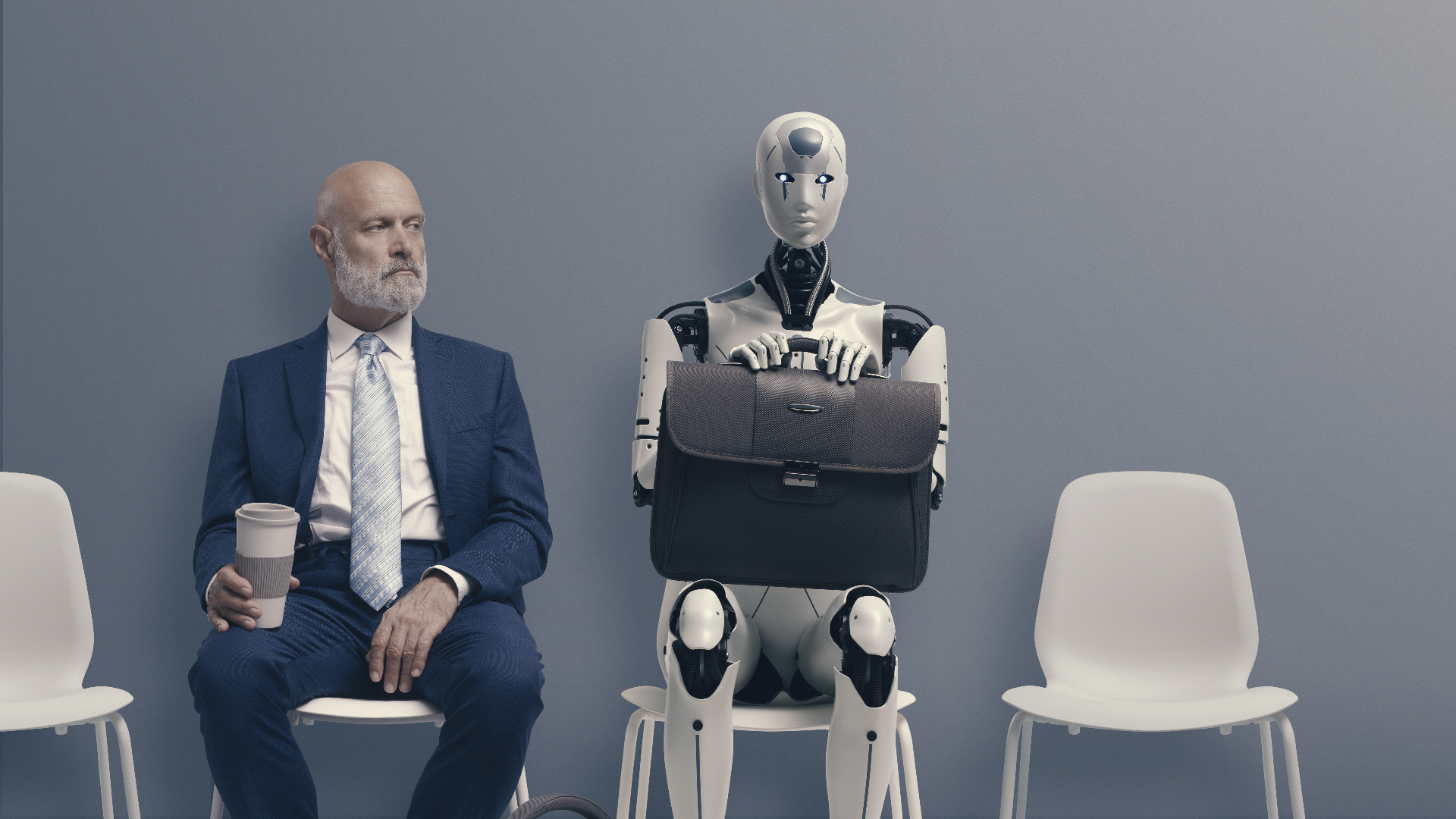
AI, automation, and the future of work: Navigating, automating, and … terminating?
August 7, 2023 | Post
Welcome to a world where AI and automation helps to transform the job market in ways we never imagined, and maybe, just maybe, makes us laugh along the way (we’ll get to that part).
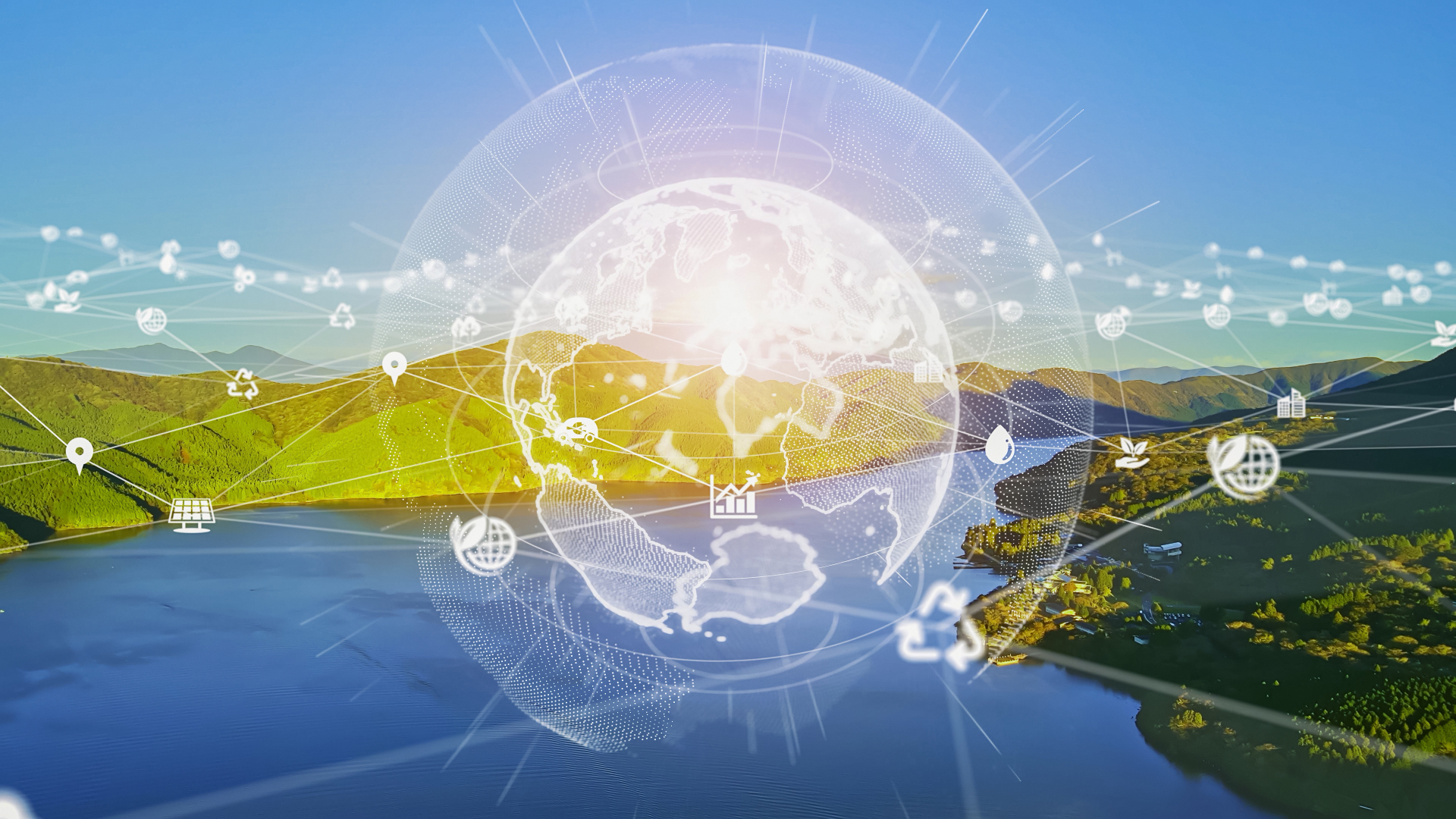
The importance of free markets in building a sustainable future
July 18, 2023 | Post
The free market is a powerful ally in the pursuit of a sustainable future. It rewards efficiency, responsible resource management, and, ultimately, sustainable solutions to environmental challenges. Here’s why…
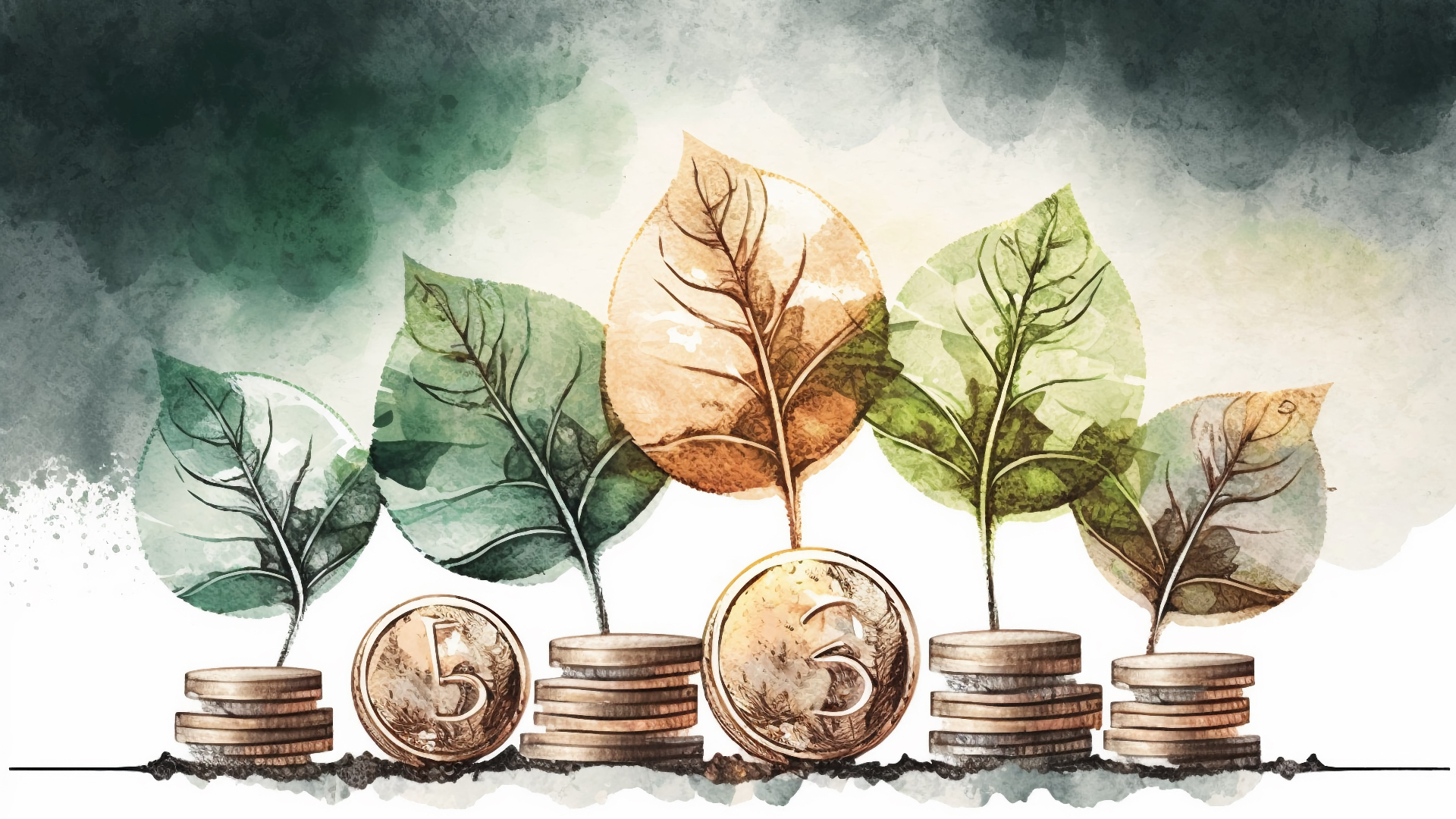
What is free-market environmentalism?
April 28, 2023 | Post
Free-market environmentalism combines the ideals of environmental protection with the principles of a free-market economy. It acknowledges that markets can provide powerful incentives for conservation and environmental stewardship, and that private property rights and contracts can be leveraged as tools to protect the environment. But how exactly does this work?

How sustainable farming is paying off for Australian farmers
April 24, 2023 | Post
Tired of riding the fortunes of the weather, Australian farmers are increasingly turning to regenerative agriculture to sustain their land during periods of drought.

Why innovation is the solution to the carbon crisis
April 3, 2023 | Post
The distinctly human capacity for innovation has reduced hunger and poverty, and greatly expanded our life expectancies since the Industrial Revolution. Many industries may have contributed to the carbon crisis, but a new industry will be what solves it.
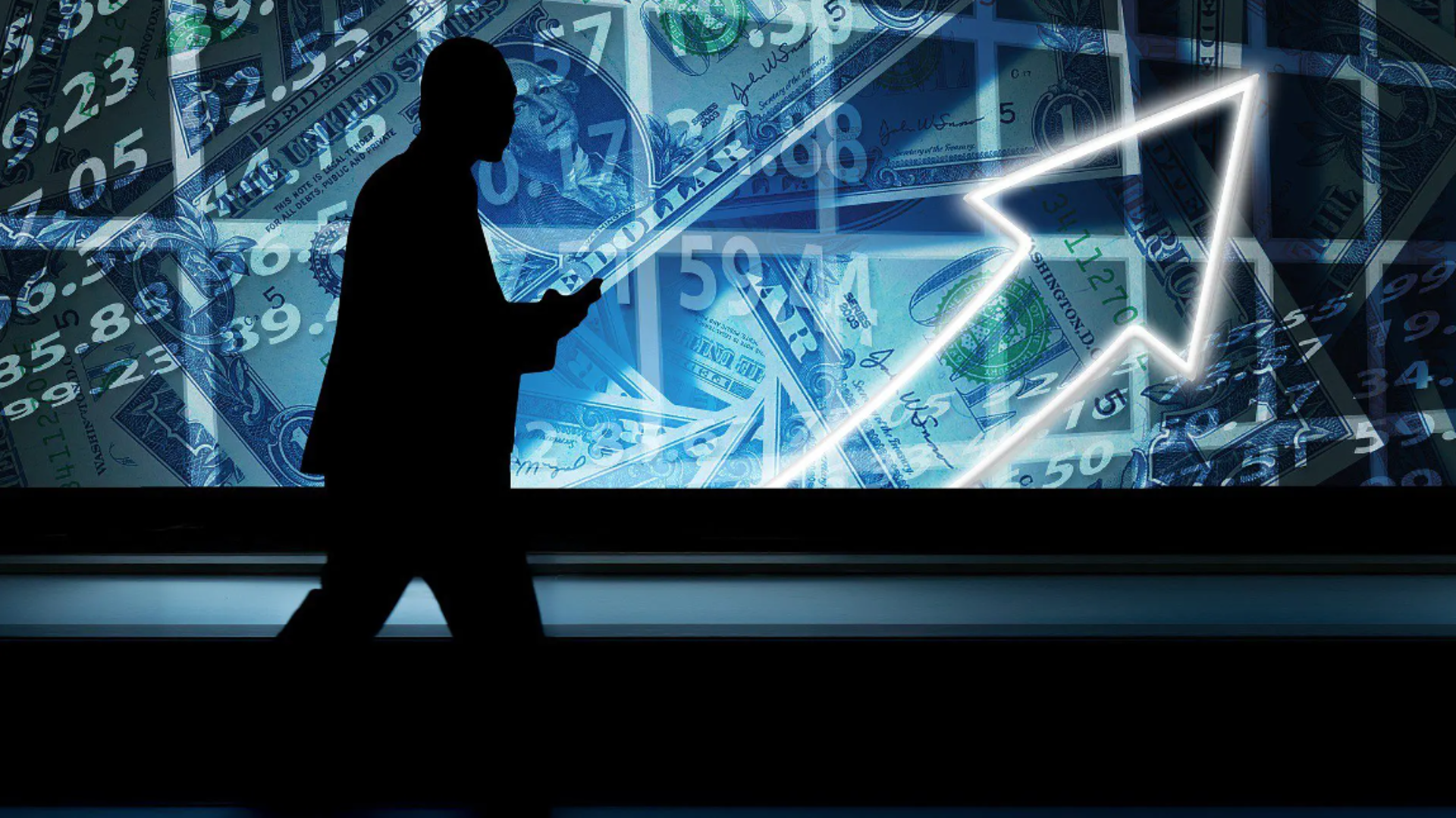
Joseph Schumpeter: the most important economist you might not know of
March 21, 2023 | Post
Joseph Schumpeter (1883-1950) was an Austrian economist and political scientist. Born in what is now the Czech Republic, he studied at the University of Vienna, and his publications were closely tied to the Austrian school of Economics.

What is the future of psychedelics?
February 16, 2023 | Post
To talk about the future of psychedelics, it’s important to know a few things about the past. For the entirety of recorded history, man has used plants to alter his consciousness. Every civilization that we know of, besides those living in barren arctic climates, have used some form of plant or fungus to explore their mind…

What is capitalism?
February 8, 2023 | Post
Capitalism can be viewed as an economic system that has been a driving force in many advanced economies, fostered growth and innovation, enabled people to lift themselves out of poverty, and greatly improved living standards. But it also has many staunch critics, who will argue that, regardless of outcomes or track records, it is a deeply harmful and exploitative system. So, to clear up any confusion, what really is capitalism, and what isn’t it?

2022 is over and Soylent Green isn’t people
January 16, 2023 | Post
Soylent Green (1973), a dystopian sci-fi movie, depicts a world suffering from overpopulation, climate change, and extreme inequality, where the rich exploit and own the poor, who survive on the evil Soylent Corporation’s processed plankton. As 2022, the year in which Soylent Green was set, has now passed, the movie’s grim predictions of overpopulation have proven misguided.

Don’t believe the hype, Bitcoin is not anti-environment
January 4, 2023 | Post
Bitcoin, an innovative, decentralized digital currency, faces significant criticism over its perceived negative environmental impact. However, it is no enemy of the environment. Here’s how it can be part of the future of clean energy…

Is AI our generation’s nuclear fission?
December 20, 2022 | Post
Developments in AI, such as the recent creation of ChatGPT, can be seen as world-changing in ways that should not be taken lightly. However, it clearly has immense potential for humanity, so long as we choose the right path. What are the parallels between the advent of nuclear fission and the rise of AI?

Here’s why population growth is an opportunity, not a threat
November 18, 2022 | Post
The United Nations recently announced that the world’s population is now estimated to have reached 8 billion — up from 7 billion as recently as 2011. This latest milestone has seen renewed alarmism from those who believe that the planet is already overpopulated.But is population growth really such a threat to humanity? There are many reasons to believe that, quite the opposite, population growth actually amplifies opportunities for tackling humanity’s greatest challenges.

What Charles Darwin owes Adam Smith
June 16, 2017 | Post
The following is a lightly edited, slightly condensed transcript of the talk “Adam Darwin: Emergent Order in Biology and Economics,” presented by Matt Ridley at the Adam Smith Institute in 2012. I’ve called my lecture “Adam Darwin” to stress how congruent the philosophies of Adam Smith and Charles Darwin are. The common theme, of course, […]

How regulations block economic progress
March 27, 2017 | Post
To discover the Next Big Thing, you need to think outside the box.

Patents are out of control, and they’re hurting innovation
March 14, 2017 | Post
The government issues thousands of new patents every week — each one a new regulation — with little to no oversight or review.
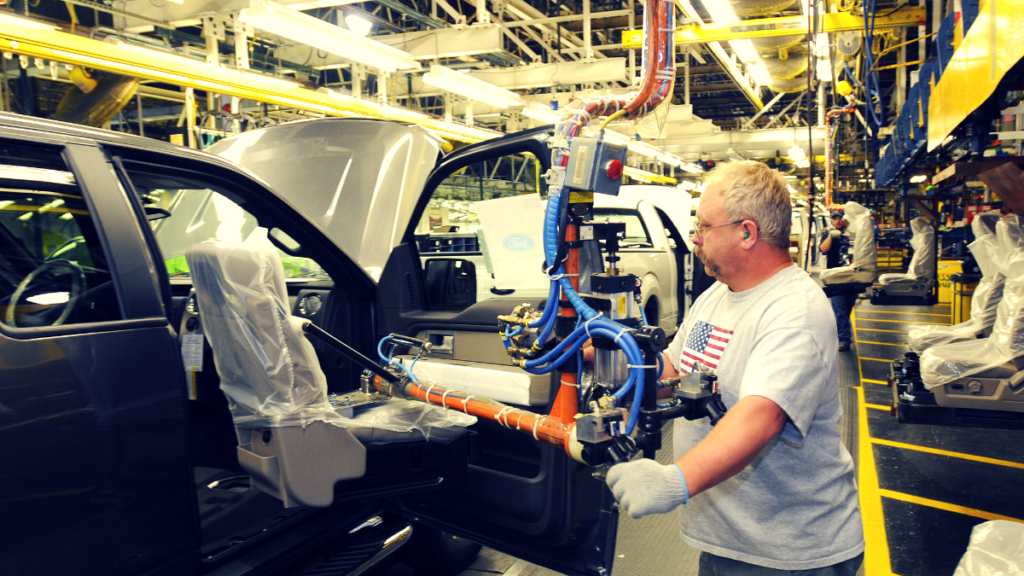
The less work required, the happier we’ll be
March 8, 2017 | Post
Jobs are the means, not the ends in themselves.
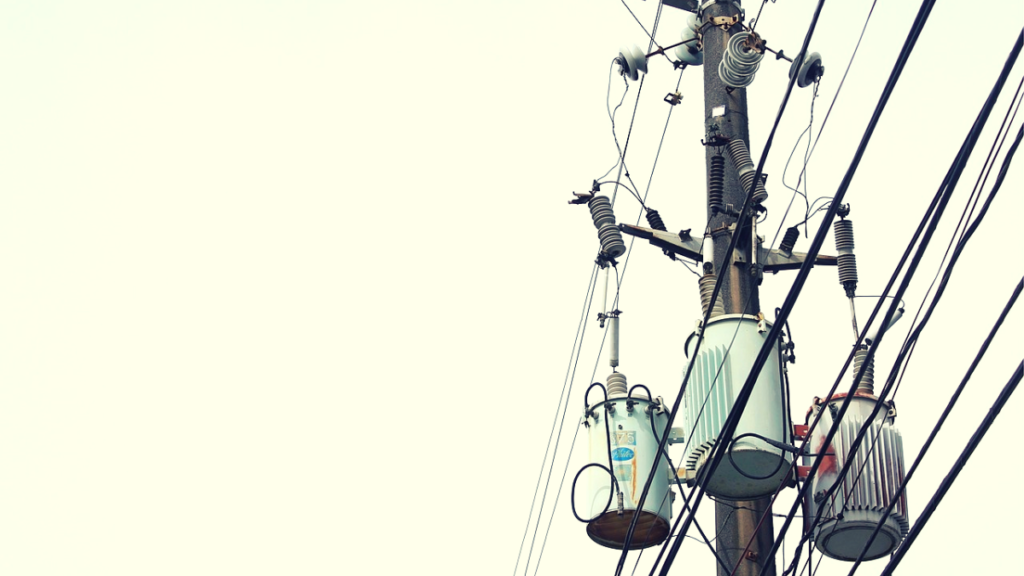
How a telephone company used the government to monopolize an industry for decades
March 3, 2017 | Post
“Oh for the days of Ma Bell!” is not a lament we’re likely to hear. And for good reason. Before the breakup of AT&T, America’s telephone system was a government-sanctioned monopoly characterized by stagnant service offerings, high costs, and a glacial pace of consumer-facing innovation. So it was distressing when a federal appeals court engaged […]

We are all living red-carpet lives now.
February 27, 2017 | Post
Last night, millions of movie buffs, entertainment fiends, and celebrity gawkers from across the globe tuned in for the Oscars. While a few of us aficionados waited with bated breath for the announcement of Best Live-Action Short (Timecode was robbed!), for many viewers the awards ceremony isn’t the main event: The red carpet is what […]

Demystifying Bitcoin
February 15, 2017 | Post
Like something straight out of a Neal Stephenson novel, Bitcoin has cyberpunk sex appeal. It foreshadows a radical change in the social and economic order and is shrouded with a mystique and aura that can be difficult to penetrate.

You’re in Joseph Schumpeter’s economy now.
February 8, 2017 | Post
To survive, even the most successful companies have to be willing to quickly dispense with yesterday’s winning business plan

Would you give up the Internet for a million dollars?
December 8, 2016 | Post
Would you give up air travel for $100,000? What about foregoing automotive travel for $500,000? Why or why not?

Animal-loving entrepreneur succeeds despite anti-cat regulators
December 4, 2016 | Post
The petty tyrants that occupy county zoning offices or health departments are exactly why we can’t have nice things.

